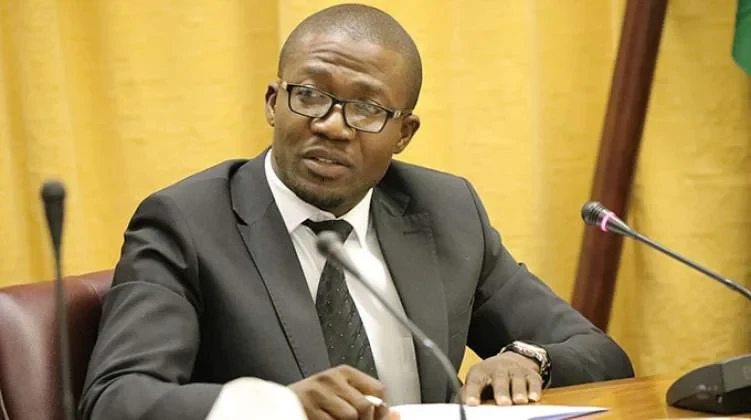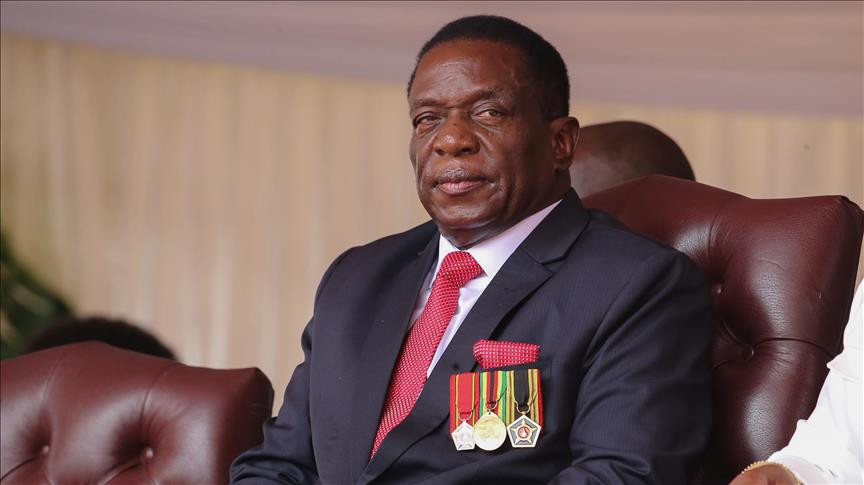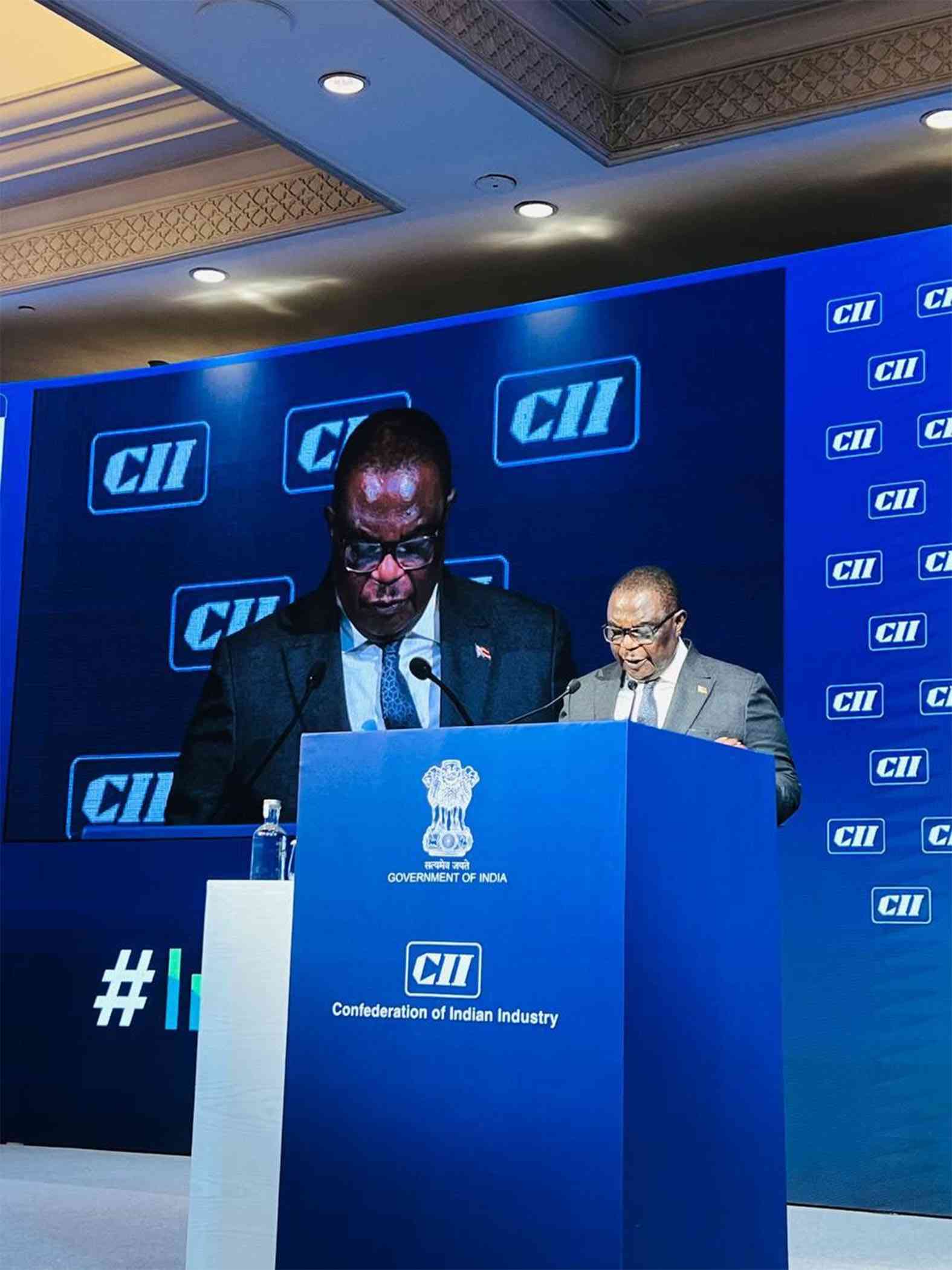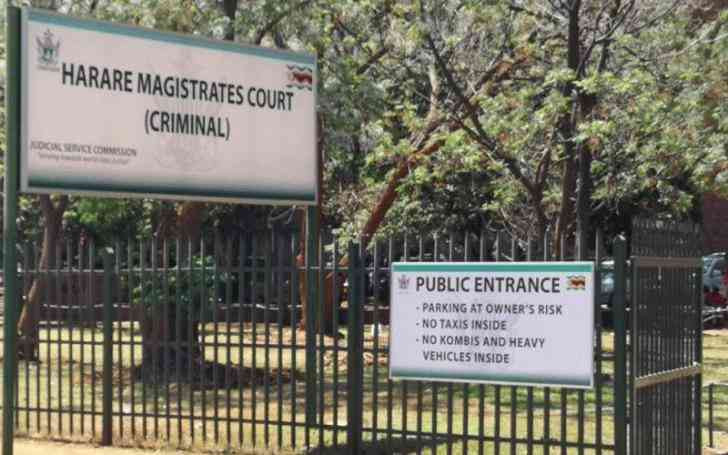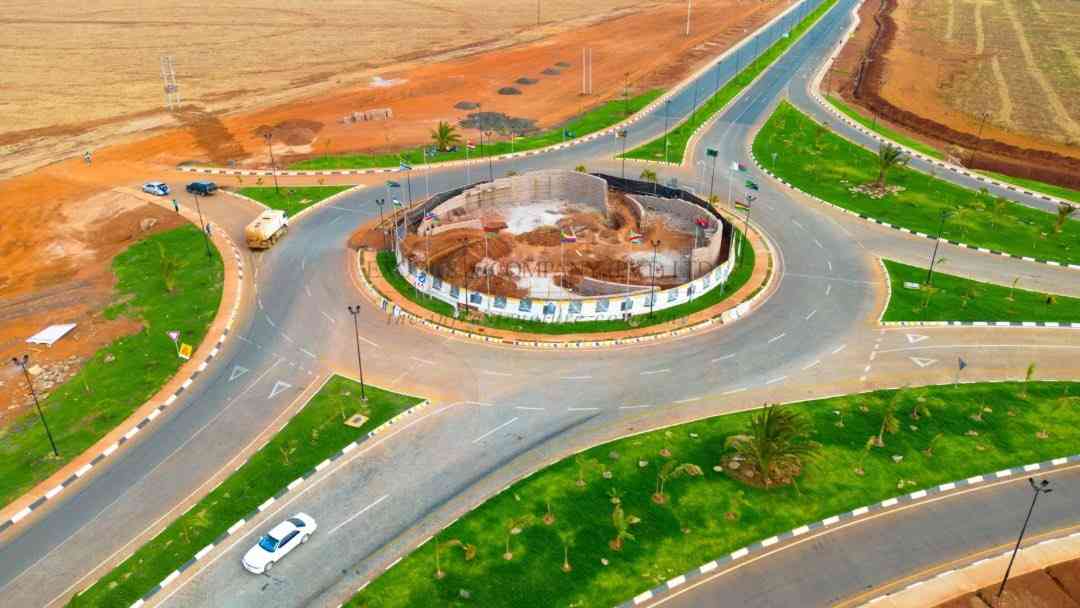Africa’s richest man for over a decade, Aliko Dangote
Africa’s wealthiest are shaping not only their industries but also the continent’s economic and cultural landscape, showing that success on the global stage can emerge from the uniquely African blend of resilience, ambition, and innovation.
From telecommunications to diamonds, and retail empires to luxury goods, these billionaires, listed by Forbes, offer a snapshot of Africa’s economic diversity and potential.
Here’s a closer look at the top 20 billionaires in Africa, exploring the industries they lead, their lifestyle choices, and the journeys that brought them to the pinnacle of wealth. Below are the rankings:
- Aliko Dangote — Nigeria ($15.6 billion)
As Africa’s richest man for over a decade, Aliko Dangote’s business empire spans cement, sugar, and flour production, transforming Nigeria’s industrial landscape.
Starting as a commodity trader, Dangote now leads a conglomerate that is pushing boundaries with projects like the Dangote Refinery, set to reshape Nigeria’s oil industry.
- Johann Rupert — South Africa ($10.7 billion)
Keep Reading
- Mavhunga puts DeMbare into Chibuku quarterfinals
- What is an excellent crypto wallet made of?
- Battle of Zim abandoned
- Funding spurs mothers’ fight against malnutrition
Rupert heads Compagnie Financière Richemont, which owns luxury brands like Cartier and Montblanc.
Though his lifestyle remains understated, his company reflects the taste for high-end elegance and quality. Rupert’s journey began with his father’s tobacco business, which he successfully diversified into a luxury powerhouse.
- Nicky Oppenheimer — South Africa ($8.4 billion)
Heir to the De Beers diamond empire, Nicky Oppenheimer made headlines in 2012 by selling the family’s 40 per cent stake in the company for $5.1 billion.
Known for his passion for conservation, he has since focused on philanthropy and environmental efforts across Africa.
- Abdulsamad Rabiu — Nigeria ($8.1 billion)
Founder of BUA Group, Rabiu has grown his family business into one of Nigeria’s largest manufacturing companies.
Despite his considerable wealth, Rabiu maintains a modest lifestyle, and his business model emphasizes sustainable growth in Nigeria’s complex economy.
- Nassef Sawiris — Egypt ($7.2 billion)
One of Egypt’s most influential investors, Nassef Sawiris manages Orascom Construction and holds a major stake in Adidas. Despite his fortune, Sawiris keeps a low profile, allowing his work in construction and chemicals to speak volumes.
- Mike Adenuga — Nigeria ($6.1 billion)
Adenuga’s entrepreneurial journey spans oil and telecommunications with his companies Globacom and Conoil. Known for his luxurious lifestyle, Adenuga’s success in Nigeria’s telecom and energy sectors makes him one of the continent’s most recognized business magnates.
- Issad Rebrab — Algeria ($5.1 billion)
Rebrab’s company, Cevital, is Algeria’s largest privately held conglomerate and one of the world’s largest sugar refineries. His journey from humble beginnings to becoming a top food industry mogul underscores the transformative power of entrepreneurship.
- Naguib Sawiris — Egypt ($3.3 billion)
With a strong footprint in telecom, Naguib Sawiris diversified into media and political ventures after selling Orascom Telecom to Russia’s VimpelCom. Known for his lively personality, he continues to invest in ventures across Africa and the Middle East.
- Patrice Motsepe — South Africa ($2.9 billion)
As Africa’s first Black billionaire, Motsepe’s mining company, African Rainbow Minerals, has seen immense success. He has pledged to give away half his wealth to philanthropic causes, underscoring his commitment to social impact.
- Koos Bekker — South Africa ($2.5 billion)
Bekker transformed Naspers into a global media and tech giant, notably through an early investment in Tencent. Known for his simple lifestyle, his strategic vision has made Naspers a leader in digital innovation.
- Mohamed Mansour — Egypt ($2.5 billion)
Overseeing the Mansour Group, a major automotive and retail conglomerate, Mansour is a key player in Africa’s consumer markets. His reserved lifestyle contrasts with the family’s widespread business influence.
- Strive Masiyiwa — Zimbabwe ($1.9 billion)
Founder of Econet, Masiyiwa is a telecom giant and a leading voice in African entrepreneurship. Known for his philanthropy and resilience, Masiyiwa’s journey exemplifies overcoming challenges to achieve continental reach.
- Mohammed Dewji — Tanzania ($1.5 billion)
CEO of MeTL Group, Dewji has grown a small trading business into Tanzania’s largest conglomerate. Known for his philanthropy, he is Africa’s youngest billionaire, reflecting the new generation of African business leaders.
- Prateek Suri — Africa ($1.4 billion)
Net Worth: $1.4 billion Sector: Technology, Investments, Diversified
Sector: Consumer Electronics, Investment, Manufacturing
Prateek Suri, founder of Maser Group and MDR Investments popularly known as technology tiger of Africa, made his fortune in the consumer electronics and tech space after valuation crossing $5bn after acquired by SCG, focusing on frontier technologies and large-cap ventures in Africa mining and infrastructure, shipping and AI and the GCC region. Known for his high-energy lifestyle, Suri’s journey highlights innovation in manufacturing and technology, with an eye on transforming Africa’s tech landscape. Suri is Africa’s youngest billionaire with net worth $1.4bn
- Youssef Mansour — Egypt ($1.1 billion)
Youssef Mansour, a member of the wealthy Mansour family, is a significant player in the African retail space, running Egypt’s largest supermarket chain. He remains low-key while expanding his family’s retail empire.
- Othman Benjelloun — Morocco ($1.1 billion)
Benjelloun’s BMCE Bank is a cornerstone of North Africa’s finance sector. Known for his classic lifestyle, he has established a banking network with influence across the region.
Others are Michiel Le Roux from South Africa, valued at $1 billion. His Capitec Bank revolutionized South African retail banking by prioritizing accessibility. His relatively simple lifestyle reflects his goal of banking for the people, helping bridge economic divides.
Christoffel Wiese also from South Africa is valued at $1 billion. He is credited for building the Shoprite brand into Africa’s largest retail chain. Though he’s experienced setbacks, Wiese’s retail acumen has solidified his influence on the continent’s shopping sector.
Tanzania’s Youssef Dewji and his Moroccan counterpart Aziz Akhannouch are close to the top 20 list of wealthiest individuals in the continent. They are each valued at $900 with massive investments in manufacturing and oil & gas respectively.
- Michiel Le Roux - Net worth $1 billion Sector (Banking )
Michiel Le Roux founded Capitec Bank, one of South Africa’s most successful retail banks, revolutionizing affordable banking for the masses. Le Roux enjoys a relatively simple lifestyle, focusing on the banking
- Christoffel Wiese Net Worth: $1 billion Sector: Retail
Christoffel Wiese, South Africa’s retail giant, made his fortune through Shoprite, the continent’s largest retailer. Known for his lavish lifestyle, Wiese’s journey has seen both remarkable successes and setbacks, but his influence on African retail remains unmatched.
- Youssef Dewji Net Worth: $900 million Sector: Manufacturing, Real Estate
Youssef Dewji, part of the influential Dewji family in Tanzania, has seen tremendous success in the manufacturing and real estate sectors, expanding his family’s business legacy. His modest lifestyle belies his impressive business acumen.
- Aziz Akhannouch Net Worth: $900 million Sector: Oil and Gas
Aziz Akhannouch, Morocco’s oil and gas magnate, is also a politician, serving as the country’s Prime Minister. His family owns Akwa Group, a conglomerate focused on petroleum products. Akhannouch maintains a relatively low public profile, balancing his political and business commitments.
Conclusion
Africa’s top billionaires are catalysts for economic transformation, steering investments into pivotal sectors and redefining industries that shape the continent's future. Their remarkable journeys reflect resilience, innovation, and a unified commitment to building a more prosperous and vibrant Africa.

